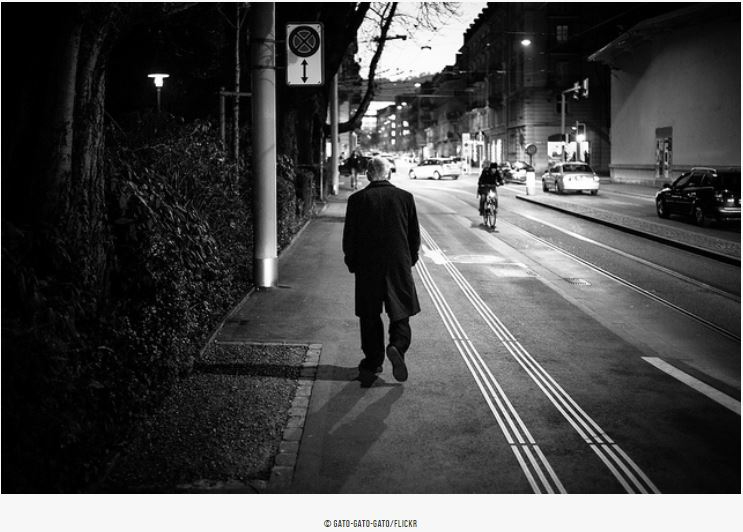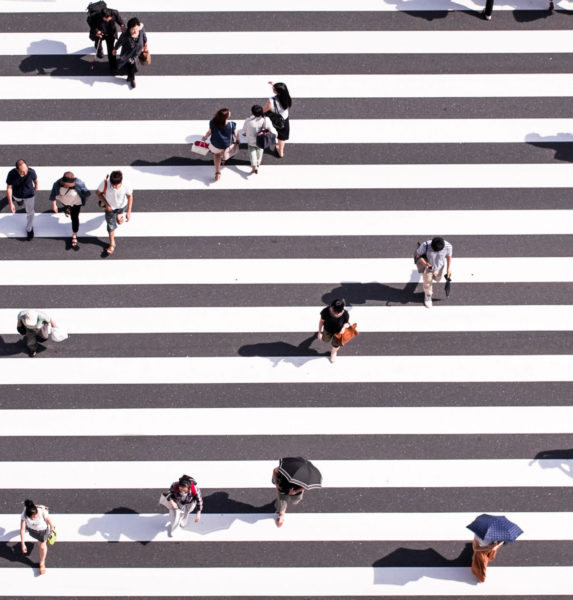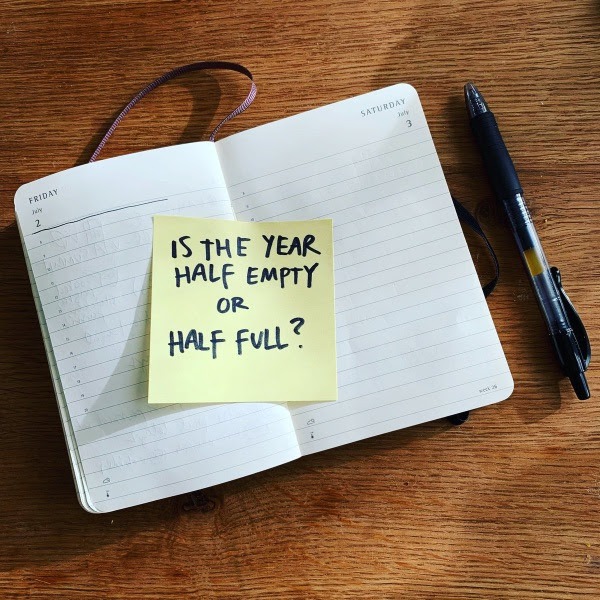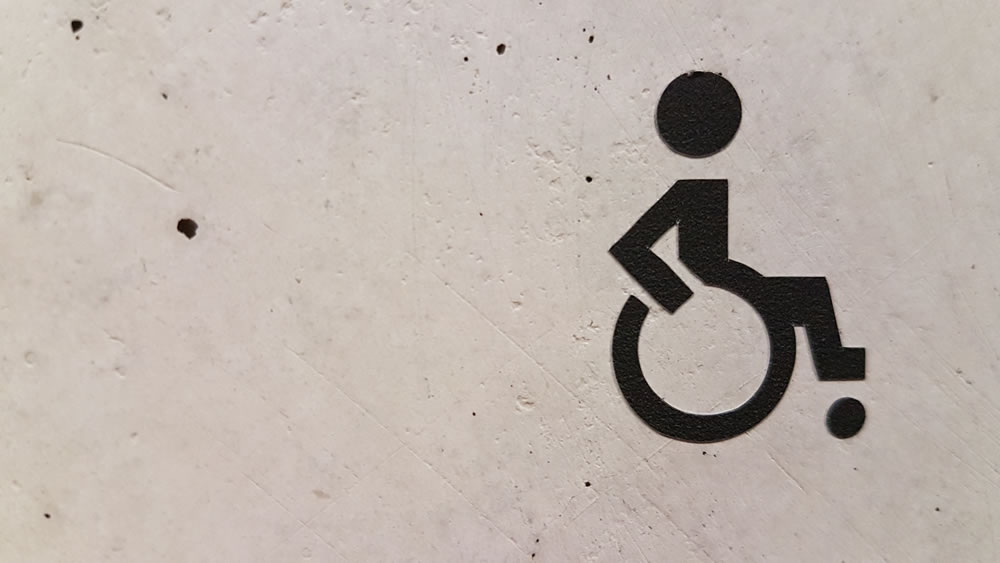The School of Life has a great suggestion this week: walk. Yes, I know you probably are fortunate enough to walk every day but do you walk walks?
The Shortest Journey: On Going for a Walk around the Block
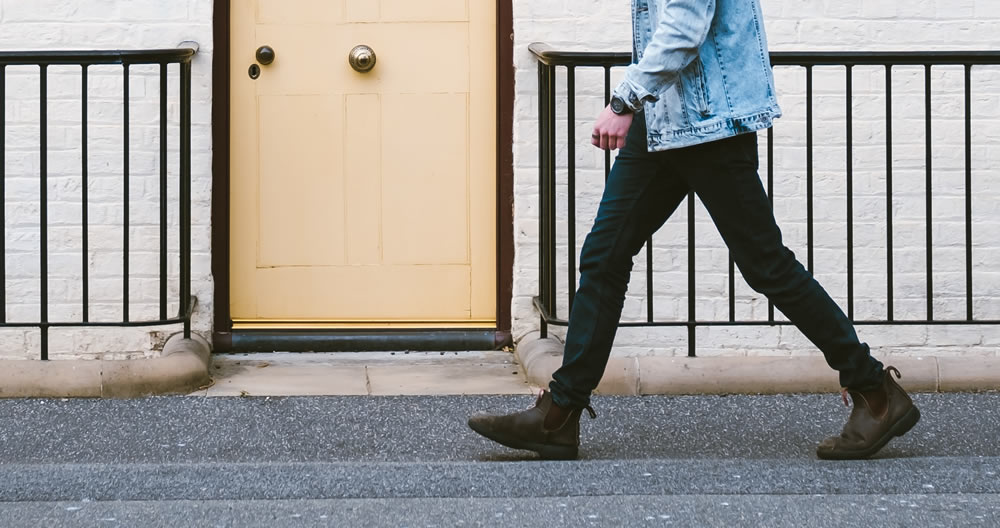
A walk is, in a sense, the smallest sort of journey we can ever undertake. It stands in relation to a typical holiday as a bonsai tree does to a forest.
But even if it is only an eight-minute interlude around the block or a few moments in a nearby park, a walk is already a journey in which many of the grander themes of travel are present.
The need to go for a walk begins from the same place as the longing to take off to another country: with a desire to restart our minds. We sometimes cannot work it all out by staying rooted in one place. We have stared at the screen too long, we have been bumping into the same inner obstacles without progress, we have grown claustrophobic with ourselves.
